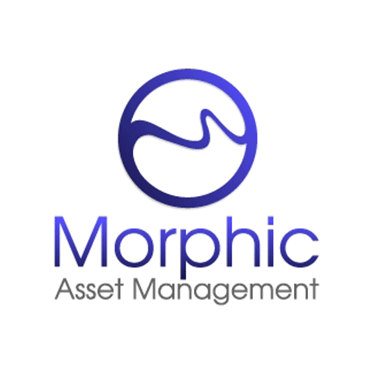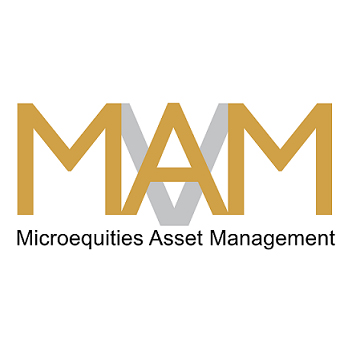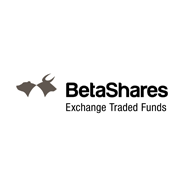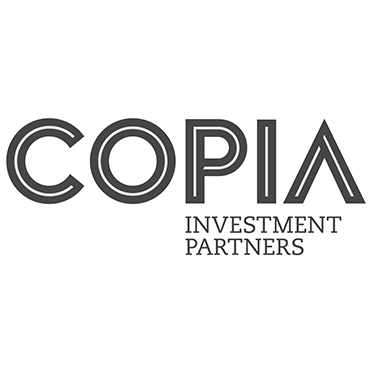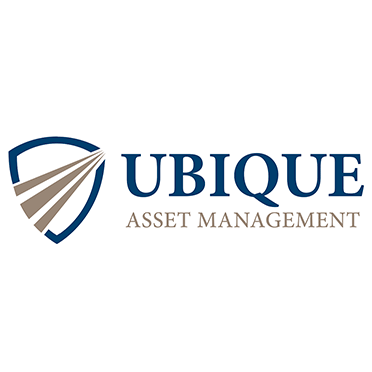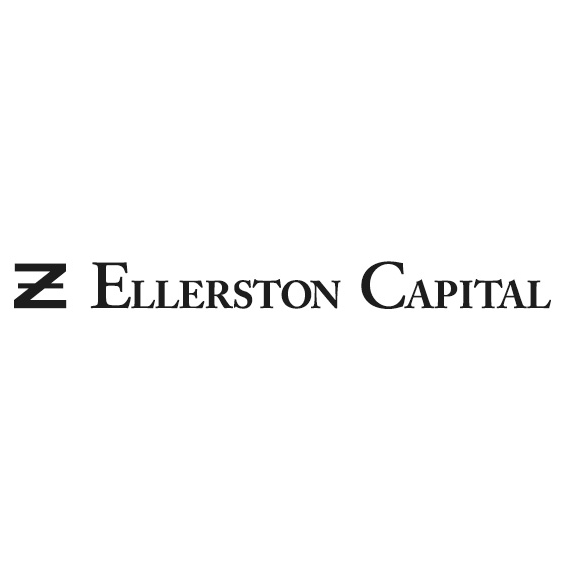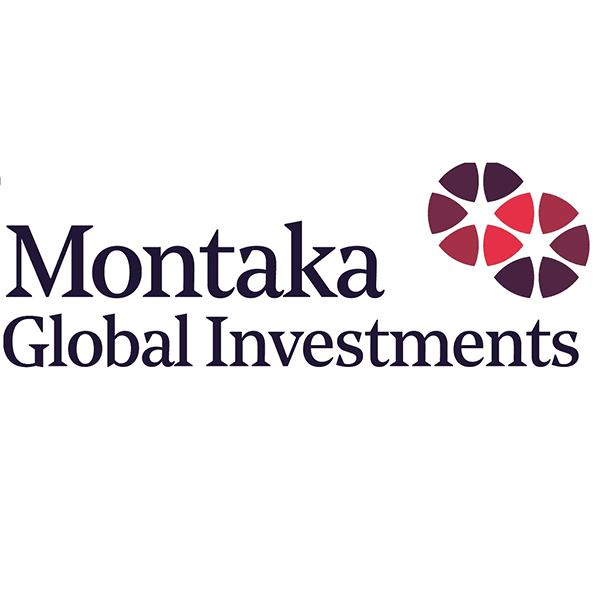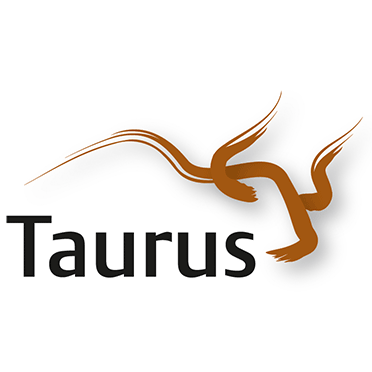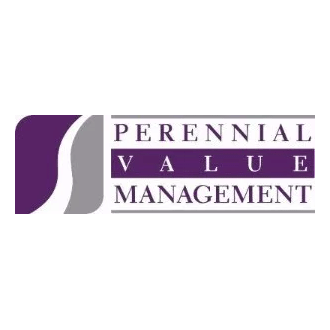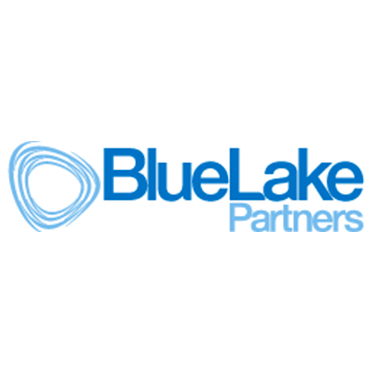Changes to Cayman Islands’ private funds legislation in 2020
Over the past two years, the Cayman Islands has undertaken a wave of legislative amendments and regulatory changes to ensure the country’s financial services sector aligns with global compliance standards.
We previously explored what the regulatory changes mean for fund administration, and here we’ll examine what the legislative amendments will mean for private funds. These changes arise from recommendations issued in the Caribbean Financial Action Task Force’s (CFATF) Mutual Evaluation Report. The EU Code of Conduct Group also provided guidance for the draft bills circulated by the Cayman Islands’ government.
The two pieces of legislation impacted are the Mutual Funds (Amendment) Law, 2020, and the Investment Funds (Private Funds) Bill, 2020 (the “Private Funds Law”). The main thrust of these amendments is to introduce regulation for previously unregulated private funds by placing them under the jurisdiction of the Cayman Islands Monetary Authority (“CIMA”). The goal is to implement prudential supervision to further enhance the country’s anti-money laundering laws. We anticipate these will become law by the end of January 2020.
Increased Regulations and Reporting Requirements
Since a framework already exists for CIMA’s oversight on registered and regulated mutual funds, we can infer how any new regulatory framework would work. The drafts of the bills’ amendments also guide how the new private fund investment landscape will look shortly.
Four main pillars are addressed in the amendments are:
- Authorisation and registration of funds
- Supervision and enforcement
- Valuation, accounting and auditing of funds
- Cash monitoring
Authorisation and registration
Starting in 2020, the current unregulated Cayman private funds that fall under the scope of the amendments will now be required to register and obtain authorisation by CIMA.
Pooled and collective investment vehicles, such as private equity funds or those with hedge funds with 15 or less investors who have the power to appoint directors, GPs etc., will fall under CIMA’s new authority. Certain non-fund arrangements such as joint ventures, single family offices, separately managed accounts and securitisation special purpose vehicles will be exempt from this amongst others. In addition, “funds of one” will be out of scope of the Private Funds Law as they do not pool investor monies.

Supervision and Enforcement
CIMA will have the same oversight powers for private investment vehicles as with the current regulated funds.
In this vein, CIMA will require basic information on whether the fund is a hedge fund, private equity, real estate or feeder fund. The fund will have to provide all anticipated investment asset categories. The regulator will also request the type of legal structure, such as a private limited company or limited partnership. Funds that trade in securities will need an International Securities Identification Number on record with CIMA.
With this information on the funds’ investment objectives and principal investment features, CIMA may then create a risk-based categorisation and fund monitoring agenda. Further, the regulator will be empowered with a wide range of enforcement options and sanctions regime.
Valuation, Accounting, and Auditing
The Private Funds Law imposes the obligation on a private fund to have appropriate and consistent procedures for the purposes of proper valuations of its assets which shall ensure that valuations are conducted in accordance with the requirements in the Law.
Fund Annual Return “FAR” submission and auditing will be required under the proposed amendments. It should be noted though, that CIMA is currently updating the FAR used for hedge funds, and will need to make additional changes to accommodate collective investment vehicle funds. The FAR requirements will apply to all funds in CIMA’s scope, but will allow for a group audit and submission of a FAR locally.
International Financial Reporting Standards or United States Generally Accepted Accounting Practices will suffice for auditing, but there is on-going research into other GAAP types to avoid restrictions. This will keep accounts in line with international accounting standards, while also providing for appropriate and consistent valuations.
Cash Monitoring
The amendments also include provisions for safe keeping of assets and cash monitoring. Funds authorised by and registered with CIMA will need to appoint someone to monitor and record the fund’s cash flow.
There is flexibility for a third party to fulfill this role, with a focus on the activities rather than the title, such as an administrator, custodian, or independent third party. CIMA will have prohibitory authority whether a registered person can act as a depository.
While the law does not specifically require the appointment of a third-party fund administrator the best way to comply with the valuation and cash monitoring requirements is to appoint an administrator. Additionally, appointing an administrator may simplify and reduce costs associated with the required audit of a private fund.
How to prepare funds for these changes
As the Ministry of Financial Services undertakes this modernisation of funds regulation to best adhere to international standards, it’s imperative that those active in this industry take the steps necessary to prepare for these changes.
The legislation is expected to include transition period and/or staggered implementation. This period will allow those affected time to review their accounts and make the necessary changes to become compliant with CIMA’s oversight. With the enhanced supervision and enforcement allocated to CIMA in these amendments, adequately preparing private funds for these new regulations will be paramount.
Mainstream’s experienced financial specialists have the expert know-how to implement these new regulatory and reporting requirements. Contact a Mainstream specialist today to learn more about how these changes will impact private funds and how Mainstream can help.
Important Disclosure
This article is not intended to be financial advice and is of a general nature only that does not take into account your individual objectives, financial situation or needs. While all efforts have been made to ensure the information contained in this article is accurate, errors may occur.

